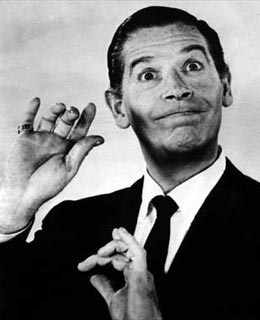I just got back from a conference where we were encouraged to create new and different approaches to accomplish our goals.
One thing we learned is that to create a strong brand, it’s helpful to have your own unique word. Given my love of quotes and my love of coaching, I came up with the word quotching, which is simply coaching through the use of powerful and inspiring quotes.
I have registered the domain www.quotching.com and will be creating a site there.
Your Help Needed!
The Quotable Coach currently has over 600 subscribers, but I want to get these 30-second nuggets of inspiration and motivation out there for an even larger audience.
If you were me, what creative, innovate, or novel approaches would you use to bring these 250+ quotes (so far) to more people?
Please leave a comment below to let me know your ideas.

